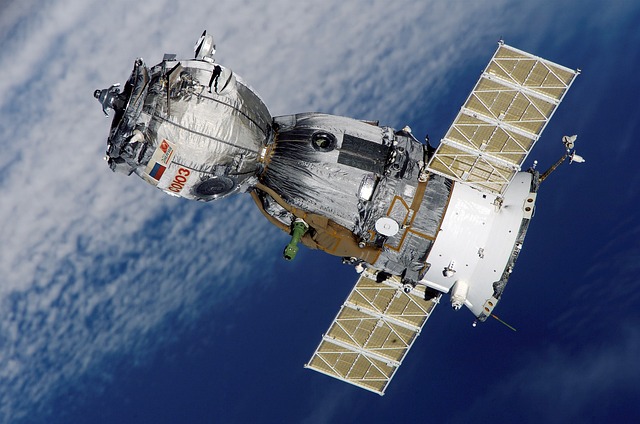Title: Navigating the Legal Frontier of Space Mining
Space mining, once a concept confined to science fiction, is rapidly becoming a tangible reality. As private companies and nations set their sights on extracting valuable resources from celestial bodies, the legal landscape surrounding this emerging industry is complex and evolving. This article explores the current state of space mining law, its challenges, and the potential implications for international relations and the future of space exploration.

The Outer Space Treaty: A Foundation for Space Law
At the heart of space law lies the Outer Space Treaty of 1967. This landmark agreement, signed by over 100 countries, establishes the basic framework for international space law. It declares that space exploration should be carried out for the benefit of all humanity and that no nation can claim sovereignty over celestial bodies. However, the treaty was drafted long before space mining became a realistic possibility, leaving significant gaps in its coverage of resource extraction.
The SPACE Act: A Unilateral Approach
In 2015, the United States took a bold step by passing the Space Resource Exploration and Utilization Act (SPACE Act). This legislation grants U.S. citizens and companies the right to own and sell resources they extract from celestial bodies. While proponents argue that this act encourages innovation and investment in space exploration, critics contend that it may violate the principles of the Outer Space Treaty by essentially allowing for the commercial exploitation of space resources.
International Reactions and Competing Claims
The U.S. SPACE Act has sparked a global debate on the legality of space mining. Some countries, such as Luxembourg and the United Arab Emirates, have followed suit with their own national legislation supporting space resource extraction. Others, including Russia and Belgium, have expressed concerns that these unilateral actions could lead to a new space race and potentially conflict with international law.
The Role of the United Nations
The United Nations Committee on the Peaceful Uses of Outer Space (COPUOS) has been grappling with the issue of space mining regulation. Discussions have centered on developing a framework that balances the interests of spacefaring nations, private companies, and the broader international community. However, reaching a consensus on this complex issue has proven challenging, with differing views on how to interpret and potentially update the Outer Space Treaty.
Environmental and Ethical Considerations
Beyond the legal complexities, space mining raises important environmental and ethical questions. How can we ensure that resource extraction in space doesn’t lead to irreparable damage to celestial bodies? What are the potential impacts on scientific research and the preservation of space environments? These concerns have led some experts to call for the development of international guidelines for sustainable and responsible space mining practices.
The Future of Space Mining Law
As technology continues to advance and the first space mining missions move closer to reality, the pressure to establish a clear legal framework intensifies. Some experts propose the creation of a new international treaty specifically addressing space resource extraction, while others advocate for a more flexible approach through non-binding guidelines or principles. Whatever path is chosen, it’s clear that the legal landscape of space mining will play a crucial role in shaping the future of space exploration and utilization.
In conclusion, the legal frontier of space mining presents a unique and pressing challenge for the international community. As we stand on the brink of a new era in space exploration, the decisions made today regarding the regulation of space resources will have far-reaching implications for generations to come. Balancing the interests of innovation, economic development, and the common heritage of mankind will require careful consideration and unprecedented cooperation among nations. The evolution of space mining law will undoubtedly be a defining aspect of our journey into the cosmos.






